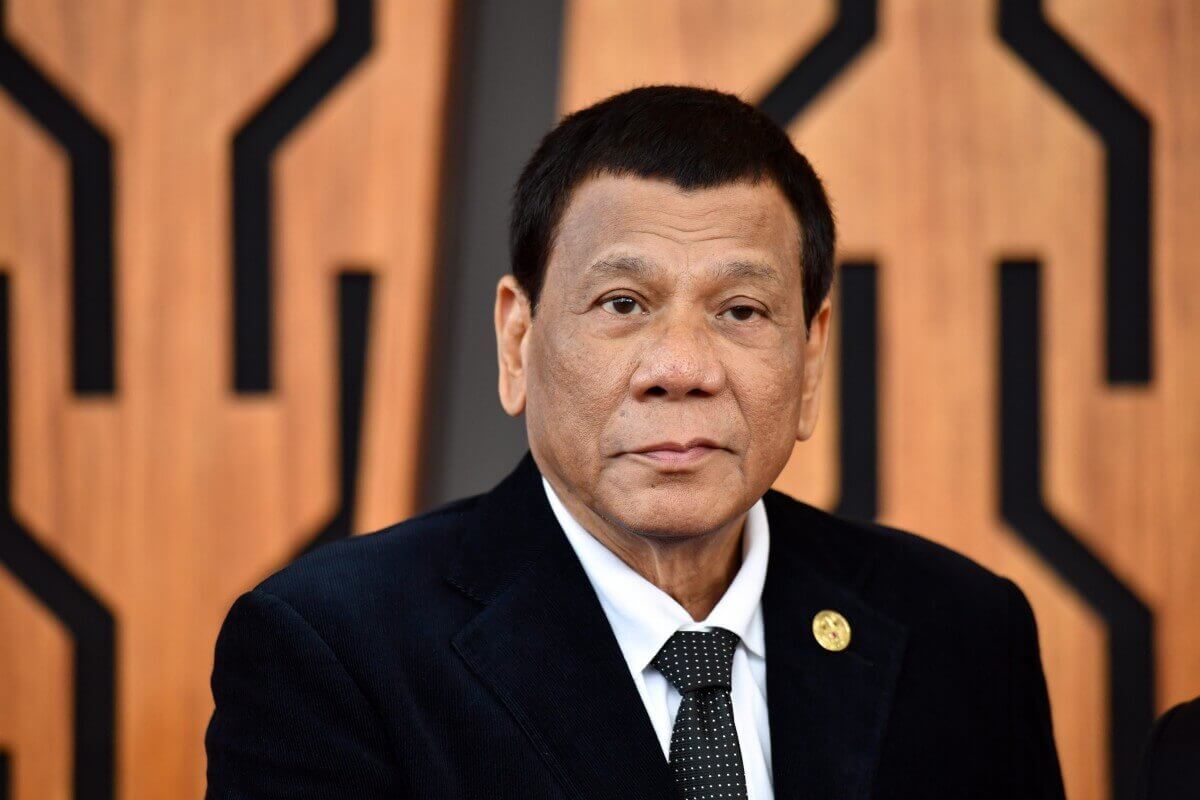In a bid to ease tensions, the Philippines announced that it will refrain from conducting joint naval exercises in the contested waters of the South China Sea (SCS). Filipino Defence Secretary Delfin Lorenzana said, “President Rodrigo Duterte has a standing order to us, to me, that we should not involve ourselves in naval exercises in the South China Sea except our national waters, the 12 mile distance from our shores.”
The Philippines made its stance on the matter clear when President Rodrigo Dutere remarked that his country “cannot afford a war” with China and even went to the extent of calling himself “inutil” (useless) in defending the nation’s sovereignty in the West Philippines sea. This comes in contrast to Teodoro Locsin Jr., Philippines Foreign Secretary’s statement calling for a “severe response” against Chinese military drills in the disputed waters last month. Furthermore, Justice Antonio Carpi, who was part of the Filipino delegation in the SCS arbitration, rebuked President Dutere, stating that “Vietnam, Malaysia and Indonesia are asserting their sovereign rights to their maritime zones against China’s claims without going to war”.
Unlike the Philippines, Vietnam sought to vocalise its position in the disputed waters by allowing Talisman Vietnam to drill for oil and gas in mid-June. This was contested by China, at first diplomatically, and then through the threat of military action against Vietnamese bases if the drilling did not cease. Eventually, the drilling was halted by Vietnam.
China’s influence continues to grow in the Southeast Asian region, as seen with the signing of a Free Trade Agreement (FTA) with Cambodia. The agreement will be signed on August 12 following only a few months of negotiation, depicting deepening political and economic relations between the two nation-states. This deal is laden with strategic significance, given that Beijing is forging alliances in the region against the backdrop of the SCS dispute and engaging in a trade war with the US. The US maintains that it sees Beijing’s claims across the SCS as “completely unlawful” and as a campaign to bully littoral states such as the Philippines, Vietnam and Malaysia.
Cambodia, for its part, is siding with China after being snubbed by the European Union (EU) over its human rights violations. Symbolically the FTA will be signed on the same day that the EU will punitively impose trade tariffs on Cambodia. The economic losses mounted by the Covid-19 pandemic further pushed Cambodia to rely on China and sign its first-ever trade pact with Beijing. The overall changing dynamics in the region remain uneasy in the midst of the aggressive Chinese posturing in the SCS, as illustrated by the subdued Filipino response.
Philippines to Refrain From Holding Naval Exercises in the SCS Amid Chinese Pressure
Rodrigo Duterte described himself as “useless” in defending the nation’s sovereignty.
August 5, 2020

Philippines President Rodrigo Duterte SOURCE: EPA-EFE
